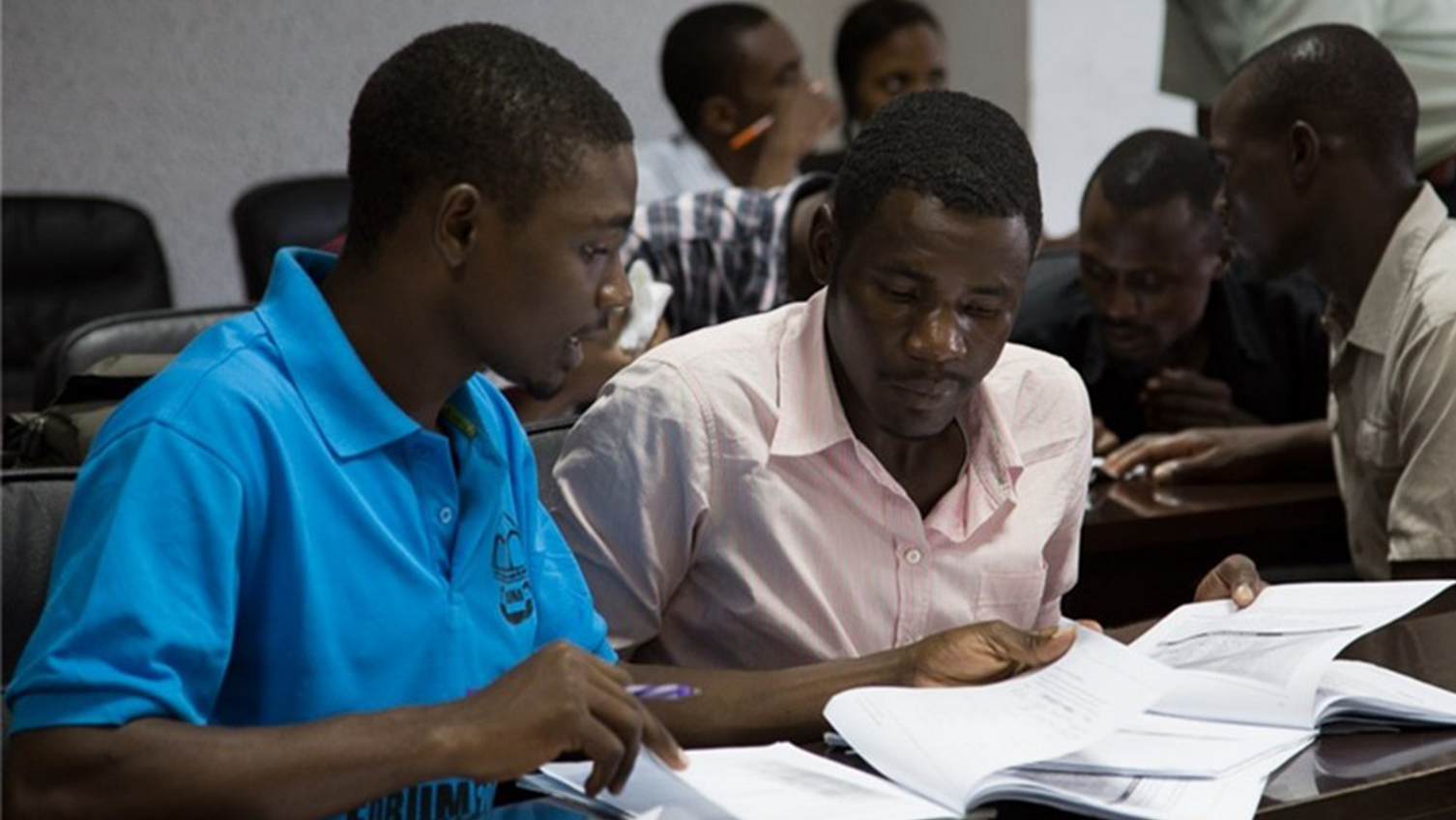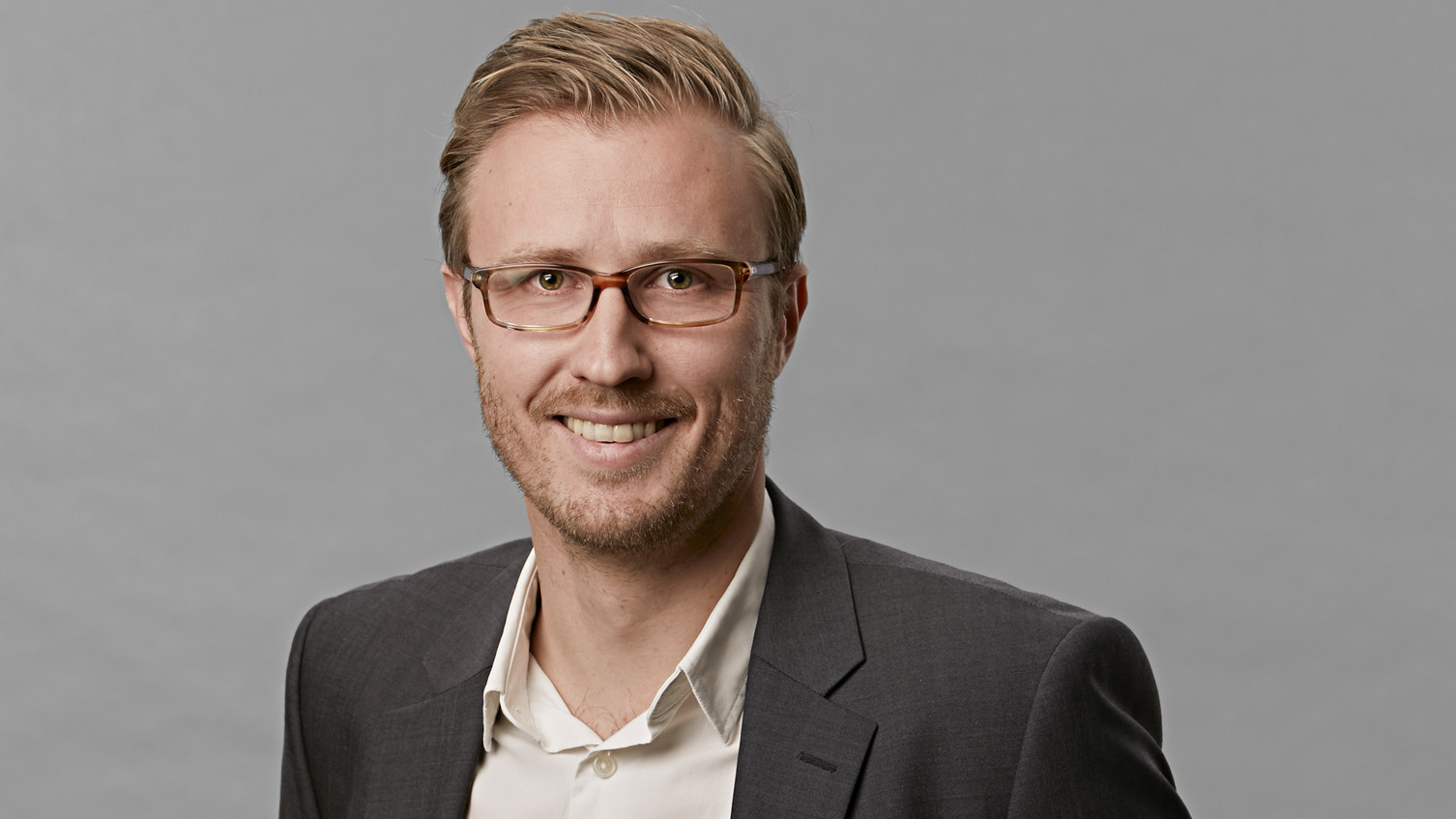STEP puts people into work and out of poverty
2024-10-22 The success of turning students into entrepreneurs – worldwide
Fight youth unemployment – improve future prospects: The ‘Student Training for Entrepreneurial Promotion’ (“STEP” in short) is a successful qualification program for setting up a business. The idea of Leuphana Psychology professor Michael Frese has been encouraging countless students in developing countries to start their own businesses. For almost two decades now it has provided the necessary tools and the right mindset.
For young people with a future
The world's population is getting younger and younger and entering the labour market. According to estimates by the United Nations in its World Youth Report (2020), there will be almost 1.3 billion people aged between 15 and 24 years in 2030. While this may sound encouraging on the one hand, it comes with a downside. The next generation needs to be given jobs. However, there is a lack of employment possibilities, especially in the Global South. What can be done?
STEP offers an answer that encourages people to take their fate into their own hands. It was developed by Prof. Dr. Michael Frese, who received the ‘Global Award for Entrepreneurship Research’ for it in 2024. He launched the first project in Uganda in 2006 together with Prof. Michael Gielnik, who also teaches at the Leuphana Faculty of Management and Technology.
Tailwind from strong partners
Together with African teachers from the Makerere University Business School, Frese and Gielnik designed the STEP project in such a way that it enabled bachelor students in Africa to start their own businesses. Over the years, the researchers have succeeded in attracting further funding for the program, for instance from the BASF Foundation and the German UNESCO Commission. STEP not only makes a difference globally, but parts of the program are now also used in Germany to advise start-ups.
‘Impact’ or research that creates change
‘The success in the Global South and then in Germany shows that Leuphana’s scientific work has an effect, a so-called ‘impact’, says Professor Dr. Michael Gielnik, head of STEP and professor of psychology (especially entrepreneurship) at Leuphana University Lüneburg.
Consequently, STEP has a permanent place in the Leuphana University portfolio. In the ‘Start Up Port’, a North German joint project, the program’s modules offer students a springboard into setting up their own business. Michael Gielnik summarizes the secret recipe as follows: ‘Learning entrepreneurship, seizing opportunities and improving livelihoods’.
He explains further: ‘Our aim is to awaken an entrepreneurial spirit and empower young people to develop new ideas, both economically and organizationally. This is a research concern and a civil society task.’ He is certain that the development and expansion of entrepreneurship, particularly in developing countries, has helped to shape the future there.
Professor Gielnik, what is the key to setting up a business?
Entrepreneurship does not live in classrooms and lectures, but requires ‘doing’. Founders take their lives into their own hands and after a three months course, they are encouraged to start a business. Our program is so successful because we teach the basics in twelve sessions of three hours each, based on research results and success factors from the field of entrepreneurship. The learners are immediately challenged to put this into practice. In their teams of three to seven people they implement the twelve steps of STEP in a profit-oriented way.
What exactly happens in the seminars?
With a starting capital of around 100 US dollars per team, the entrepreneurial process begins, with the identification of business opportunities, consumers and the production of a product or service through to its introduction to the market. This opportunity to virtually set up a company at first offers insights and also invites you to learn from mistakes.
Why do we need a program like STEP?
Decent work (SDG8) is one of the 17 sustainable development goals of the United Nations. With STEP, we offer a programme that reduces poverty and boosts economic growth. What's more, it's the people themselves who choose where they can fulfil themselves.
How so?
The long-term studies show that after one year the participants had founded 35 per cent more companies than a comparable control group. In some cases, these are ideas developed during the training, which the students pursued and expanded. Progress is also being made in terms of jobs. Two years later, participants create 39 per cent more jobs than the control group.
The program has been running since 2006. What is your conclusion?
More than 50,000 students in twelve countries have already taken part, including countries such as Uganda, Tanzania, Kenya, the Philippines, Mexico, Lebanon and Rwanda. This widespread reach is possible because of the financial support of strong partners such as the German Academic Exchange Service (DAAD), the German Federal Ministry of Education and Research (BMBF), the German Commission for UNESCO and the BASF Foundation. Nevertheless, close cooperation with local institutions is crucial.
How is STEP developing?
Fortunately, STEP offers a flexible and scalable foundation that can also be transferred to schools, for example. During the pandemic, we had to switch to online training, which showed that these methods also enrich STEP. We are now also offering a focus on sustainable start-ups, also known as ‘Sustainable Entrepreneurship’. This is about start-ups that improve social aspects and are not necessarily profit-oriented.’
What new goals have you set for STEP?
We want at least one million people to benefit from STEP training in the long term, to solve the global problem of youth unemployment. To this end, we have created a solid concept with strong financing partners, university collaborations and other individuals and institutions. Hopefully, this goal will not only remain a vision, but will be seen as another milestone in a great marathon. We believe that this long haul will pay off.
STEP – overview
Globally launched, regionally adapted and sustainably implemented. This is how the application of the international STEP modules, which have been tested in developing countries, can be described in the northern German region. In northern Germany, people interested in setting up a company get to know the program at ‘Startup Port’, a joint project of northern German universities that supports young people in setting up a company.
What do I learn at STEP?
The aim of the STEP training is to impart entrepreneurial skills and strengthen self-efficacy. To this end, there is input from the fields of entrepreneurship (e.g. identifying business ideas), management (e.g. marketing) and psychology (e.g. dealing with setbacks; goal setting and planning). Then it's on to the – still – fictitious business start-up. What is learned here can be directly applied to the real start-up.
Who is STEP aimed at in the northern German region?
All members (students and staff) of the following institutions can participate:
Leuphana University Lüneburg, Hamburg University of Technology, University of Hamburg, Helmut Schmidt University, Hamburg University of Applied Sciences, Wedel University of Applied Sciences, University Medical Center Hamburg-Eppendorf (Hamburg), DESY Hamburg and the Helmholtz-Zentrum Hereon.


